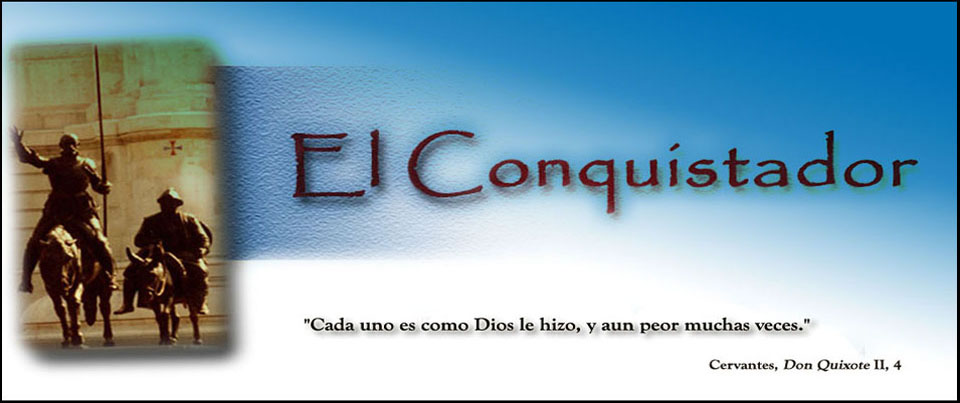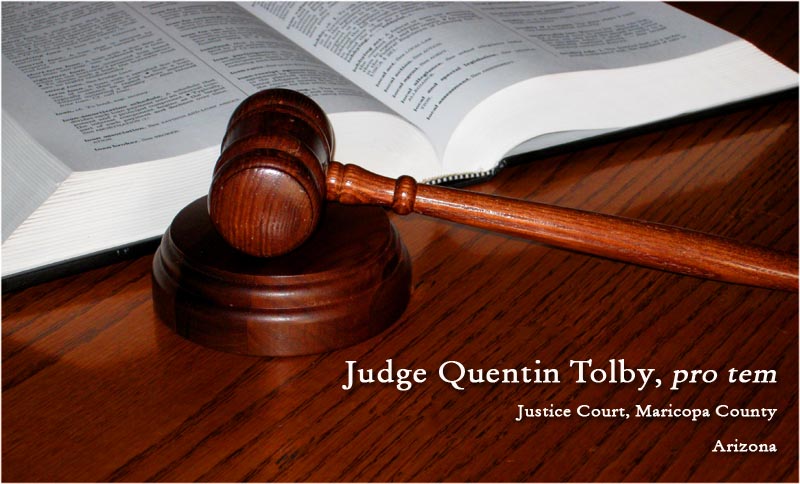Acting like a lawyer
Acting like a lawyer does not mean you are a lawyer—
From the Bench
Watching TV judge shows
The officer was parked along the highway and saw the defendant approaching at a high rate of speed. He pulled out behind the defendant and paced him at 80 miles per hour in a 55 mile per hour speed zone.
I asked the defendant if he wanted to cross-examine the officer.
He stood up, paused, walked out in front of the officer and paused. He questioned the officer with great dramatics, saying, “Tell me, yes or no, did you graduate from college?” and “Yes or no, do you have a quota of tickets you must write?”
He would stride back and forth in front of the officer; scratch his chin and tum toward the officer and very dramatically say, “You said the car was dark blue and from this photo the car is black,” then after a little more pacing, he would tum very quickly to the officer and say, “Yes or no, was it 10:30 a.m. or 11.30 when you say you saw my car?”
After he sat down, from this very dramatic cross-examination of the officer, I put the defendant under oath and asked him to put on his defense.
He stood and again went into a long dissertation about some alleged minor mistakes on the citation, expounding that the officer was only trying to fill his quota for the day.
Finally, he rested.
In civil traffic cases, the state is not represented by an attorney and the officer cannot cross-examine.
All through the defense argument, I was carefully listening and the defendant never said, “I was not speeding,” so I asked him, “How fast were you driving?”
He avoided my question and said, “You must take all these other factors into consideration.”
In a civil traffic case, it is tried to a preponderance of the evidence, which means those who produce the most evidence to support their position. The officer said he was driving 80 miles per hour. The defendant would not answer my question, under oath, as to how fast he was driving.
I found him responsible and fined him $300 and informed him of his appeal rights.
Lesson: If you think you can learn to be a lawyer from watching judge shows on television, think again.
Lessons from the Bench, a local newspaper article by Judge Quentin Tolby, Pro Tem.
Used here by kind permission.

